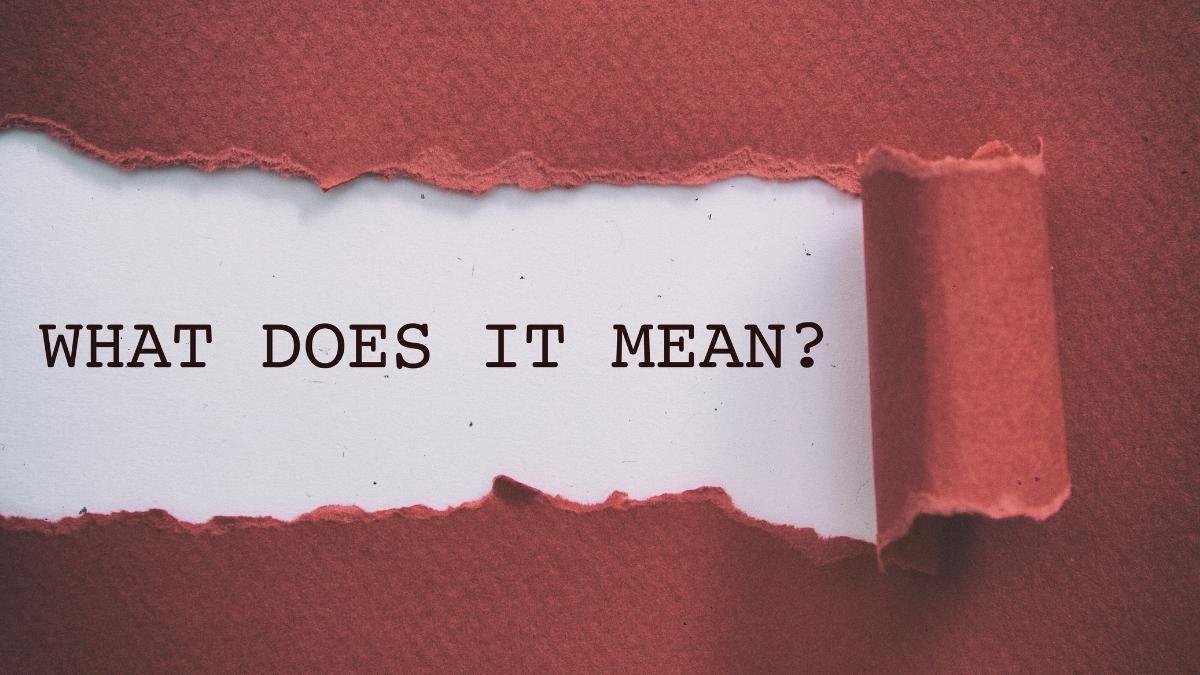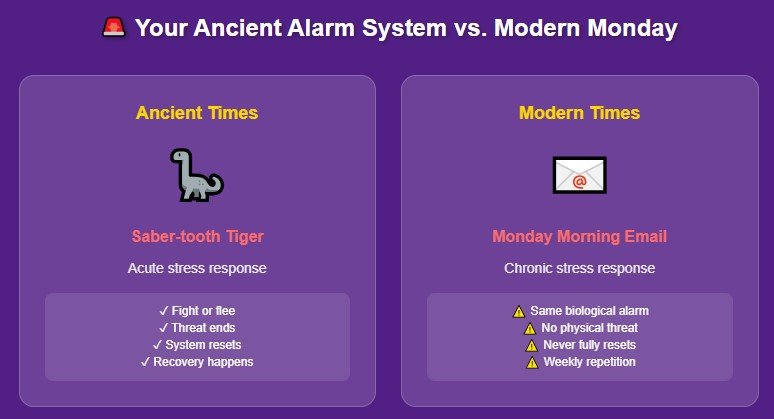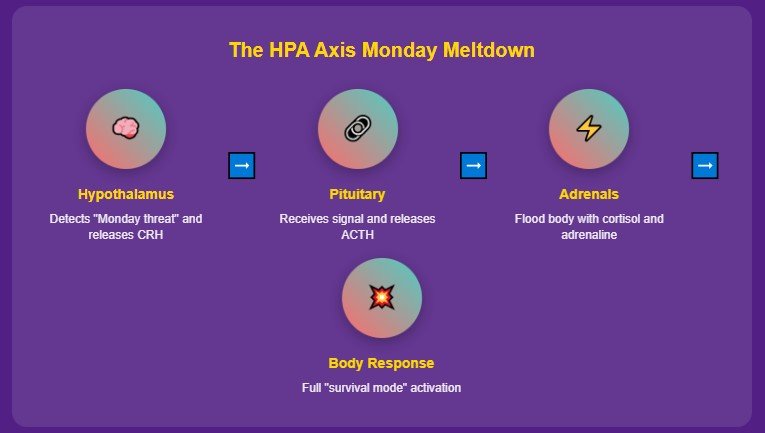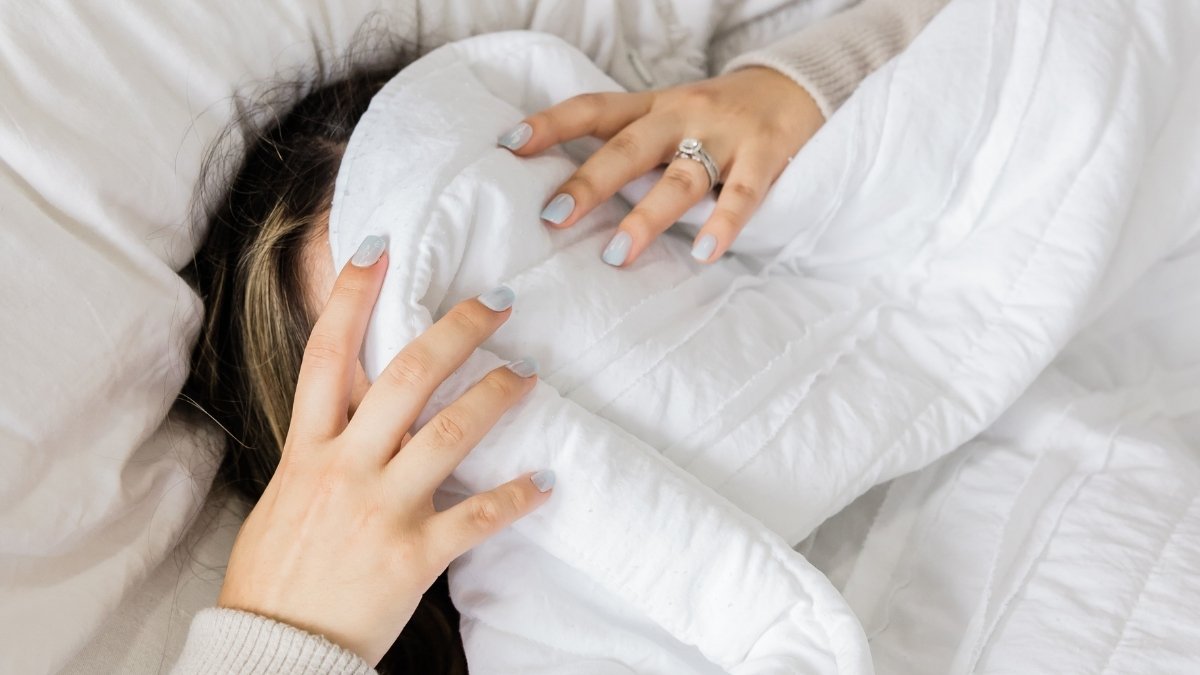
Spoiler alert: Scientists can literally read your stress history in your hair. And what they found about Mondays will blow your mind.
It’s 8 PM on Sunday. You’re scrolling your phone, maybe watching Netflix, when suddenly that familiar knot forms in your stomach.
Tomorrow is Monday.
Maybe you tell yourself you’re being dramatic. Maybe you try to push the feeling away. But deep down, you know it’s real—that Sunday scaries sensation that makes your chest feel tight and your mind start racing about tomorrow’s to-do list.
Here’s what’s going to shock you: That feeling isn’t just in your head. It’s literally being written into your biology.
Scientists Just Discovered Something Mind-Blowing About Monday Stress
Researchers at the University of Hong Kong just dropped a bombshell that’s going to change how you think about your weekly routine forever.
They studied over 3,500 people and found something incredible: People who get anxious specifically on Mondays have 23% higher stress hormone levels embedded in their hair compared to people who get anxious on other days.
Let me say that again. Your Monday anxiety isn’t just disappearing by Tuesday morning. It’s getting permanently recorded in your hair, strand by strand, for months.
Think of your hair as nature’s stress tracker. Every centimeter represents about a month of your life, and scientists can literally read your stress levels like a timeline just by analyzing a small sample.
Wait, They Can Read Stress From Hair?

I know what you’re thinking. How is that even possible?
Here’s the fascinating part: Your hair is basically a biological diary that never stops writing. As each strand grows, it captures and preserves whatever stress hormones are flowing through your bloodstream at that moment.
Traditional stress tests only show you what’s happening right now. Blood tests, saliva samples—they’re like taking a single photo. But hair? Hair shows the whole movie.
Scientists can take a 3-centimeter piece of your hair and tell you exactly how stressed you were over the past three months. It’s like having a stress surveillance camera that never turns off.
The Numbers Don’t Lie
- Calm people: Around 55 pg/mg of cortisol in their hair
- Stressed people: Around 250 pg/mg—nearly 5 times higher
Your hair can’t fake being chill when your body has been in stress mode.
Monday: The Ultimate Stress Amplifier

Now here’s where things get really wild. The researchers found that Monday doesn’t just make more people anxious (though it does). Monday anxiety triggers a uniquely powerful biological response that other days simply can’t match.
Professor Tarani Chandola, who led the study, called Mondays a “cultural stress amplifier.”
Only 25% of the Monday effect came from people feeling more anxious on Mondays. The other 75%? That’s your body having a stronger reaction to Monday anxiety than any other kind of anxiety.
Translation: Your body has learned that Monday = danger, even when there’s no actual threat.
The Retirement Plot Twist That Changes Everything

Ready for the most mind-bending part of this research?
Even retired people show the same elevated Monday stress response.
People who haven’t had a Monday morning meeting in years. People who can sleep in whenever they want. People whose Monday looks exactly like their Tuesday, Wednesday, and Thursday.
Their bodies are still freaking out about Monday.
“I thought retired people would no longer show this pattern,” said the lead researcher. “The fact that it persisted suggests the biological consequences of Monday anxiety don’t go away when people retire.”
What This Really Means

After decades of Monday morning alarms and work stress, our bodies have essentially learned that Mondays are dangerous. It’s like having PTSD, but for a day of the week.
Think about that. Monday isn’t actually stressful—it’s just another 24-hour period. But our collective cultural agreement that Monday = the end of freedom has literally rewired our biology.
Your Body’s Ancient Alarm System Is Stuck on “Monday Mode”

To understand why this happens, we need to talk about your body’s built-in stress system—the HPA axis.
What’s the HPA axis? Think of it as your body’s emergency response team. When your brain detects danger, this system floods your body with stress hormones to help you fight or run away.

This system evolved millions of years ago to help our ancestors survive actual threats. Charging mammoth? HPA axis activated. Food shortage? HPA axis on the job.
But here’s the problem: Your ancient stress system can’t tell the difference between a saber-tooth tiger and a Monday morning email.

Both trigger the same biological response:
- Heart rate spikes
- Stress hormones flood your system
- Energy gets redirected to “survival mode”
- Non-essential functions shut down
The Monday Health Crisis You Never Saw Coming

Remember how I mentioned that 19% more heart attacks happen on Mondays? Now we know why.
Every Monday, your stress system goes into overdrive. Your body dumps glucose into your bloodstream, breaks down fat stores, and basically prepares for a marathon—except there’s no actual marathon.
Here’s What Happens in Your Body Every Monday:
- Blood pressure spikes from repeated stress hormone surges
- Weight gain increases because cortisol makes you crave food and store fat
- The immune system gets suppressed as energy gets redirected to “emergency” mode
- Sleep quality drops as your body stays on high alert
- Inflammation rises throughout your entire system
And this happens every single week for years or decades.
The 75% Mystery Scientists Can’t Explain
75%
Here’s something that should make you pause: Scientists can measure the Monday effect, prove it exists, and document its impact. But they can’t fully explain why it’s so powerful.
75% of the Monday stress response remains a biological mystery.
That means there’s something deeper happening—possibly at the level of:
- Genetic expression
- Brain rewiring
- Metabolic programming
- Cellular memory
Your body is reacting to Monday in ways that science is still trying to understand.
Breaking Free: What You Can Actually Do About This
Okay, so Monday stress is real, measurable, and potentially dangerous. Now what?
The good news: Your stress system can be retrained. It won’t be easy, but it’s possible.
Start With Sunday Evening

Instead of letting Sunday night dread build up, create a positive Monday anticipation ritual:
- Plan something you actually enjoy for Monday morning
- Prep everything Sunday night so Monday feels easier
- Set a “Sunday shutdown” time when you stop thinking about work
- Create a Monday morning playlist that makes you feel energized
Hack Your Sleep Schedule

Your body’s natural cortisol rhythm is strongest in the morning. Don’t make it worse with Sunday-to-Monday sleep chaos:
- Keep the same bedtime and wake time all week (yes, even weekends)
- Avoid the Sunday night “scroll of doom” on your phone
- Use Sunday evening for genuine relaxation, not work prep
Reframe Monday Energy

Instead of fighting Monday stress, convert it into useful energy:
- Use that activation for your most important tasks
- Channel the alertness into creative projects
- Turn Monday into a “fresh start” day instead of a “back to prison” day
Track Your Progress
Consider asking your doctor about hair cortisol testing. Seeing your actual biological stress levels might motivate different choices.
It’s like having a stress scoreboard that shows whether your efforts are actually working.
The Bigger Picture: Maybe It’s Time to Rethink Monday
Look, individual stress management is important. But let’s be honest—this is also a cultural problem that needs cultural solutions.
Some companies are experimenting with:
- Four-day work weeks
- Flexible Monday schedules
- “Soft start” Mondays with lighter workloads
- Remote work options that eliminate Monday morning commutes
The research proves that our current system is literally making millions of people sick every Monday. Maybe it’s time we questioned whether this is really the best way to organize human society.
Your Monday Mindset Makeover Starts Now

Here’s what I want you to remember: Your Monday stress is valid, measurable, and real. You’re not being dramatic or weak. Your body is responding to a genuine biological pattern that’s been building for years.
But now that you know what’s happening, you can start changing it.
This Sunday evening, try this:
- Acknowledge that your Sunday night feelings are biologically normal
- Choose one small thing to make Monday feel less threatening
- Remember that your body can learn new patterns—it just takes time
Your hair is keeping score of every Monday morning moment of dread. The question is: What do you want next month’s hair sample to show?
Ready to take control of your Monday stress response? Start small. Pick one strategy from this article and try it next Sunday. Your future self (and your hair cortisol levels) will thank you.
What’s your biggest Monday stress trigger? And more importantly—what’s one thing you could change about your Sunday night routine to make Monday feel less like a threat? Your biology is listening.






